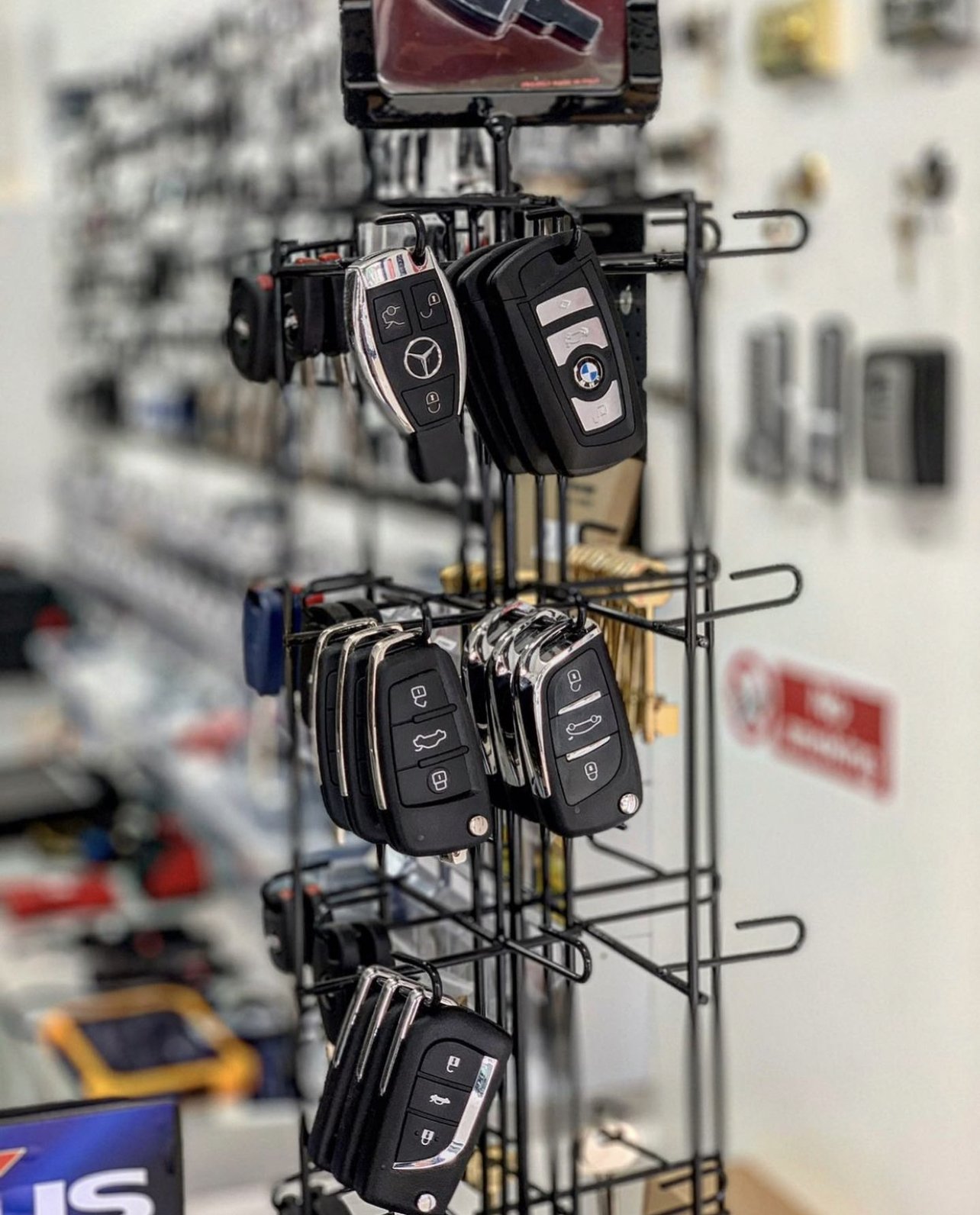12 Stats About Car Key Problems To Make You Think About The Other People

Common Car Key Problems and Solutions
Car keys are important to the operation of contemporary cars, and when they malfunction, it can develop significant inconvenience. Whether it's a conventional metal key, a key fob, or a wise key, various issues can occur. This post digs into typical car key problems, prospective causes, and options to help car owners browse these difficulties efficiently.
Tabulation
- Kinds Of Car Keys
- Typical Car Key Problems
- 2.1. Broken Keys
- 2.2. Incorrectly Programmed Fobs
- 2.3. Dead Key Fob Battery
- 2.4. Harmed Key Ignition
- 2.5. Locking Mechanism Failures
- Repairing Tips
- Regularly Asked Questions (FAQs)
- Conclusion
1. Types of Car Keys
Before delving into problems, it is very important to understand the different types of car keys available today. Each has its unique problems and factors to consider:
- Traditional Metal Keys: These are basic keys made from metal, often with no electronic components.
- Transponder Keys: These have a chip ingrained within the key that interacts with the car's ignition system; they enhance security.
- Key Fobs: Key fobs supply a remote managing function for the vehicle, frequently consisting of keyless entry features.
- Smart Keys: These advanced keys permit motorists to start their cars without inserting a key, often through proximity sensing.
2. Common Car Key Problems
2.1. Broken Keys
Among the most regular concerns is having a broken key. This might happen due to excessive force, wear and tear, or when a key is incorrectly inserted into the lock or ignition.
Solutions:
- Retrieve the broken piece utilizing pliers if it's extending from the lock or ignition.
- Contact a locksmith to extract the broken key and supply a replacement.
2.2. Improperly Programmed Fobs
For key fobs and clever keys, programming errors can result in failure in unlocking doors or beginning the vehicle.
Solutions:
- Refer to the vehicle's owner handbook for programming instructions.
- Go to an authorized dealer or locksmith concentrating on automotive electronics to reprogram the fob.
2.3. Dead Key Fob Battery
A common oversight is ignoring the battery status of a key fob. A dead battery can avoid the key fob from sending signals.
Solutions:
- Replace the battery in the fob, which normally needs a small screwdriver and a new battery.
- If uncertain, take the fob to an expert for a battery replacement.
2.4. Damaged Key Ignition
Sometimes, the concern lies not with the key but with the ignition system itself, which may be worn out or damaged.
Solutions:
- If the key turns however does not begin the vehicle, check for particles in the ignition.
- If the key does not turn at all, a more severe ignition concern might need professional handling.
2.5. Locking Mechanism Failures
Locks can become jammed or malfunction due to moisture, dust, or mechanical wear, which can prevent both traditional keys and fobs from working properly.
Solutions:
- Lubricate the lock with a graphite-based lube to resolve jammed mechanisms.
- If locking problems persist, a locksmith might need to repair or change the locking system.
3. Troubleshooting Tips
- Look for Obstructions: Inspect locks and ignition for anything obstructing insertion.
- Battery Check: Ensure that the key fob battery is not drained.
- Change Key: If using a standard key, attempt a spare key to dismiss the initial being the issue.
- Tidy Contacts: For electronic keys, make sure that battery contacts are clean and without corrosion.
- Look For Professional Help: When trials stop working, speaking with a locksmith or car dealer can provide skilled solutions.
4. Frequently Asked Questions (FAQs)
Q1: What should I do if my key breaks inside the ignition?A: If your key breaks in the ignition, do not attempt to eliminate it unless you have the right tools. It is best to get in touch with a professional locksmith.
Q2: How often should I change my key fob battery?A: Typically, a key fob battery lasts around 3-4 years, but it's best to check frequently and replace it when you observe reduced functionality.
Q3: Can I program a replacement key fob myself?A: Yes, the majority of automobiles have specific directions for programming key fobs that can often be discovered in the owner's handbook. Nevertheless, some may need expert assistance.
Q4: What is the cost to replace a car key?A: The cost can differ considerably depending upon the type of key and the particular make and model of the vehicle, varying from ₤ 50 for basic keys to upwards of ₤ 500 for wise keys.
Q5: Is it safe to utilize a locksmith instead of going to a dealer for key replacements?A: Yes, licensed locksmiths can effectively change and program keys, but guarantee that they have experience with your specific vehicle make and model.
5. Conclusion
Comprehending typical car key problems is important for every vehicle owner. Issues like broken keys, dead batteries, and ignition failures can frequently be fixed with easy troubleshooting or professional assistance. Regular maintenance of keys and electronic elements can prevent much of these issues from intensifying. Being notified about they said permits motorists to act quickly and keep their vehicles in optimum operating condition, ultimately conserving time and lowering stress.

